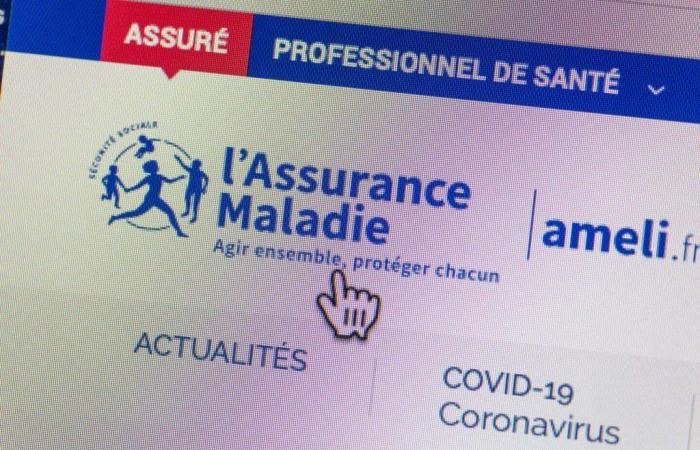Din a recent newspaper column The world, Camille Mosse, health market analyst, offers “future collaborations between public and private to better understand health issues”, in this case health expenditure. Mme Mosse, director within a complementary health organization, emphasizes that these collaborations are favored by the directors of the National Health Insurance Fund (CNAM) and Social Security.
However, insurance and mutual insurance do not have the same effectiveness as compulsory health insurance. Switch to private organizations (mutual or private insurance) part of the expenses linked to the care of patients suffering from long-term illnesses (ALD) – that is to say 100% covered by the Health insurance – would certainly reduce the famous “Security hole” and the deficit in public spending examined by various European or rating bodies, with ALD conditions constituting 66% of reimbursed expenses.
But this would only be a transfer of burden to complementary health insurance, which will then not fail to pass on the increase in expenses to the contributions of the insured. This transfer of health insurance spending to the private sector will not reduce health spending and will worsen inequalities in access to care.
Advertising costs and dividends
In health, the proliferation of private players is a source of additional expenses, their management costs being much higher than those of Social Security. In 2019, the latter devoted 3.4% of its budget to management costs, compared to 20.3% for private supplementary insurance (16% of turnover for provident institutes, 19% for mutual societies and 22% for insurance companies).
These significant management costs for complementary health insurance can be explained in part by the cost of advertising and canvassing new customers in a competitive market, but also by the fact that for-profit insurance organizations (provident insurance, insurance) pay dividends to their shareholders.
Read also | Article reserved for our subscribers “Grande Secu”: who would benefit?
Add to your selections
Financial players, and in particular insurance companies, see in the measures envisaged the possibility of a new market, because the withdrawal of health insurance will lead the French to subscribe to health insurance contracts on which the coverage will depend of the amount of the chosen contract. The wealthiest, who statistically are the least sick, will benefit from good coverage, while the poor will have less protection. The risk is the renunciation of care for patients who are incompletely insured. This is already the case for poorly reimbursed community care, like the American insurance model, which President Obama tried to put an end to.
You have 62.16% of this article left to read. The rest is reserved for subscribers.






